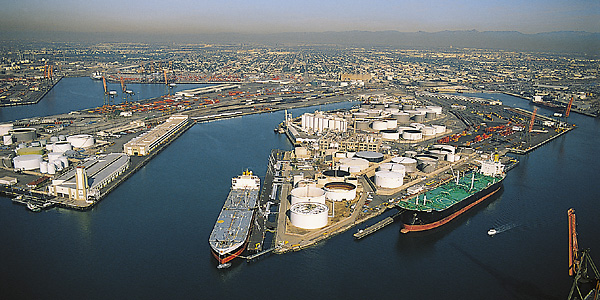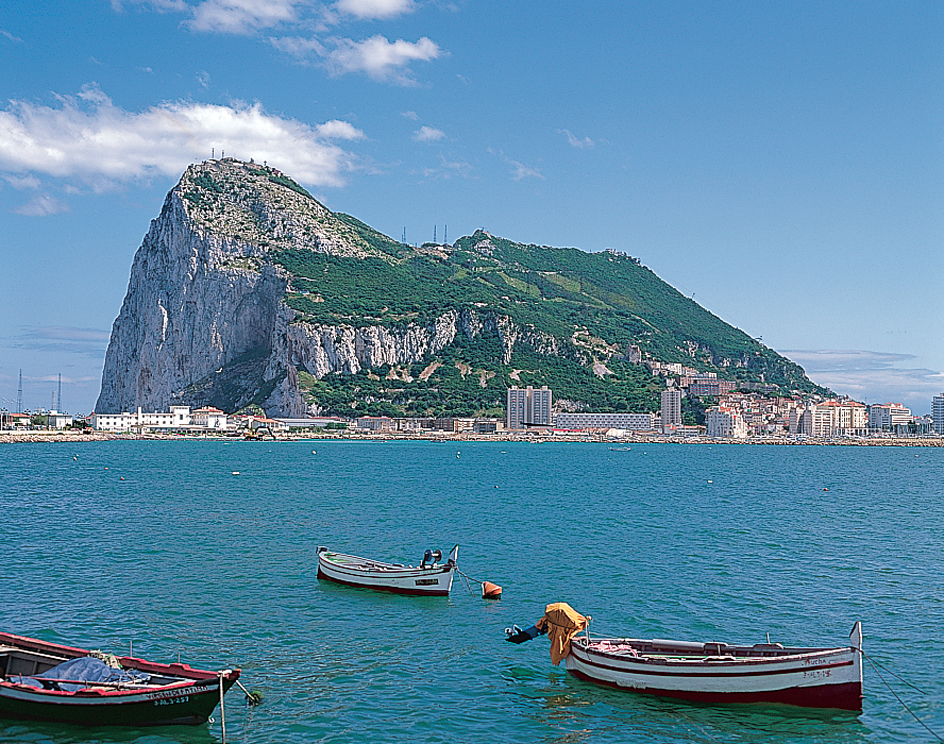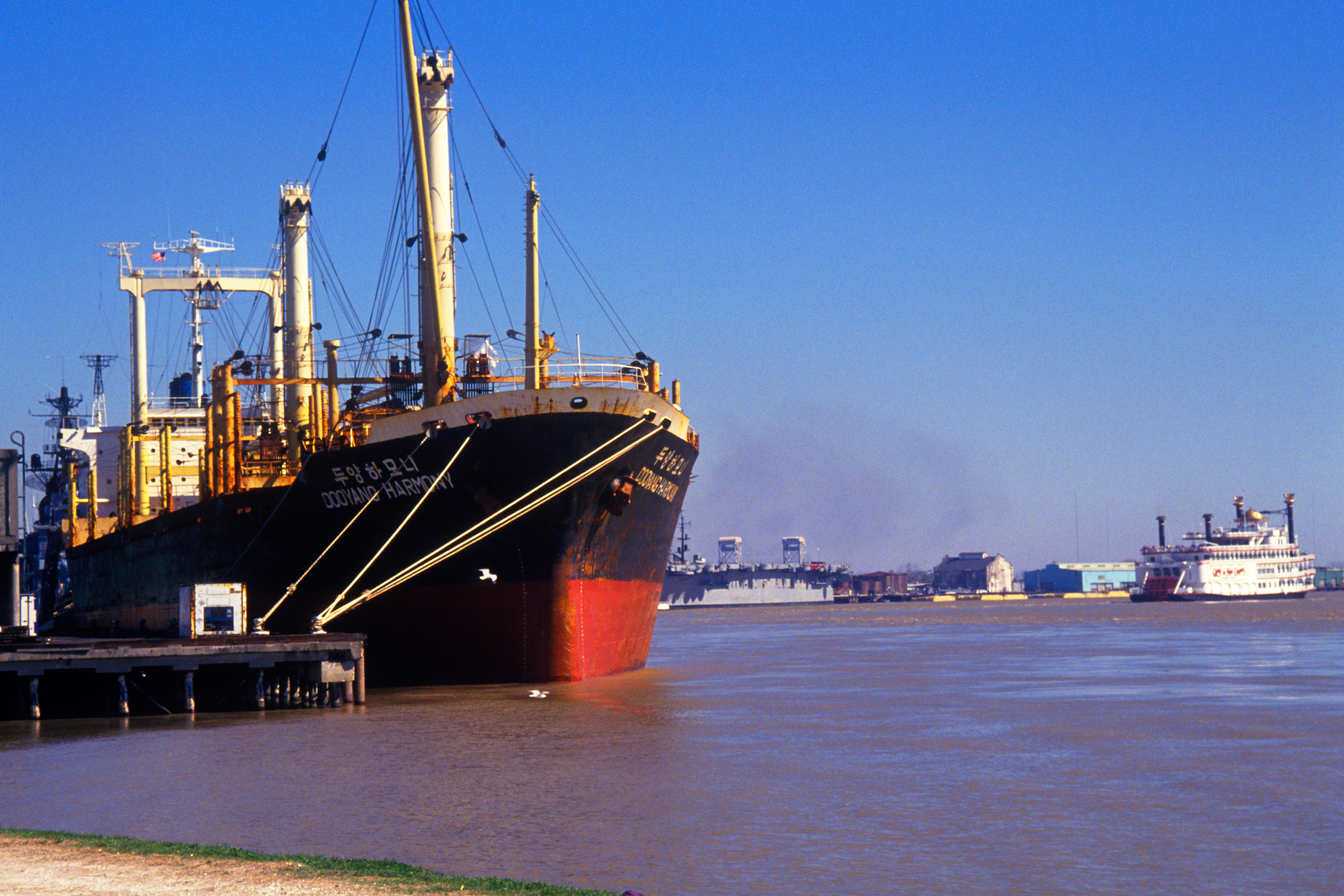Port is a place where ships and boats load and unload passengers and cargoes. Large, bustling ports have buildings and equipment for receiving, storing, and reshipping goods. Such facilities include wharves, warehouses, tugs, ferries, mechanical loaders and unloaders, and railroad and truck transportation (see Ship (Tankers)).
Some ports, such as Cherbourg, France, and Rio de Janeiro, Brazil, stand on natural harbors formed by bays and inlets. Others, such as Los Angeles and Genoa, Italy, are built on artificial harbors protected by breakwaters and jetties. Many great ports lie on rivers far from the sea. Inland ports include London; Montreal; New Orleans; and Bordeaux, France.

Ports may also be classified by their purpose or function. For example, Gibraltar is a naval, or strategic, port. Concarneau, France, is a fishing port. Cape Town, South Africa, serves as a fuel-storage port for ships sailing around the tip of Africa. Kharg Island, Iran, in the Persian Gulf, is a leading petroleum port.

Much United States and Canadian commerce passes through ports on the Great Lakes. Inland waterways make it possible for all but the largest ocean ships to sail from the Atlantic Ocean to Chicago, Toronto, and other Great Lakes ports. Among the chief U.S. ports are Baltimore; Baton Rouge, La.; Charleston, S.C.; Houston; Long Beach, Calif.; Los Angeles; New Orleans; New York City; Norfolk, Va.; and Philadelphia. The main ports in Canada include Montreal; Sept-Iles, Que.; Thunder Bay, Ont.; and Vancouver, B.C.

